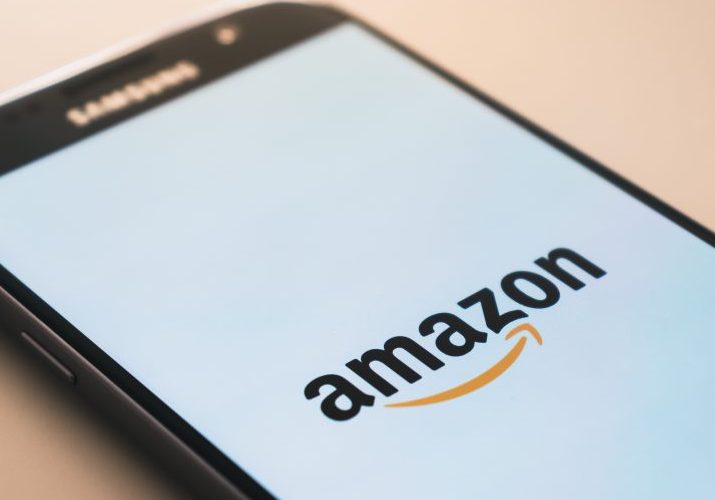The e-commerce company has announced that it would raise the minimum hourly wage to US$15 in the US, and £9.50 for most of UK, except London where it is £10.50. For context, this amounts to about SGD$20/hour. They lowest wage they used to pay before this increase was US$11.
Amazon has earned praise from its critic U.S Senator Bernie Sanders for this wage hike. He also urged other big corporations to follow Amazon’s lead.
Read about the major move here: Amazon raises minimum wage for US and UK employees
Analysis:
Two reasons why Amazon would make this business decision are politics and economics. On the political end, the tech giant has been under public scrutiny and received criticism for its poor wages and inhumane working conditions. The company needs to win back favour for crucial political support to run a large business smoothly.
A more skeptical point of view from the economists is that America is facing a labour crunch as unemployment rates are falling. It only makes sense that businesses need to compete to attract workers to work, especially for the upcoming holiday season.
Other U.S businesses have also been riding the wave, with Target saying it will increase its starting hourly pay to $15/hour by the end of 2020. Walmart said its minimum wage is getting a boost to $11. Amazon has also said it would lobby for an increase in the federal minimum wage currently sitting at $7.25.
Minimum wages has its pros and cons. Some economies like Singapore, does not subscribe to having minimum wage policy, as it is incompatible with how we approach supporting low wage workers, and upkeeping the work ethics and competitiveness of the economy.
There is emphasis on wage levels since it affects how much purchasing power people has to maintain a standard of life. Imposing a minimum wage is supposed to alleviate the problem of income inequality, but it may not be the best solution. Companies may limit the number of jobs available as it gets more expensive for them to hire, and the low-skilled workers group would bear the brunt.
Questions for personal evaluation:
- What are the social implications, both good and bad, of minimum wage policies?
- Do you think having minimum wage is a good idea? What measures does the Singapore government take to address manpower issues?
Useful vocabulary/phrases:
- ‘Crux of the problem’: the most important point of the issue
- ‘Adverse effects’: harmful or unfavourable implications
Photo by Christian Wiediger on Unsplash

